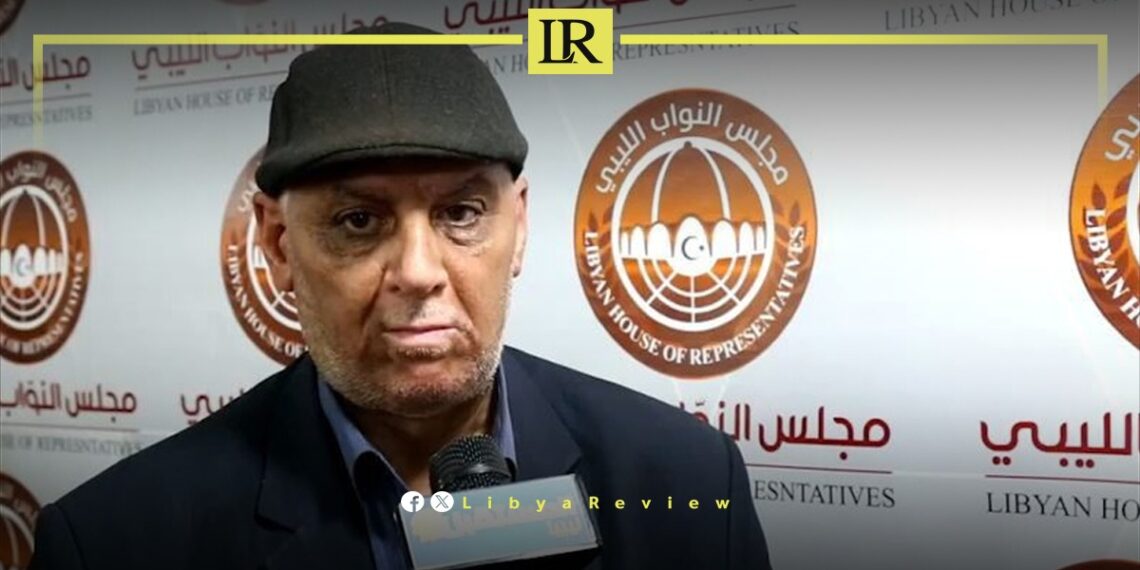Fathi Al-Marimi, the media advisor to the Libyan Parliament, accused the Prime Minister of the interim Government of National Unity (GNU) Abdul Hamid Dbaiba of obstructing the upcoming presidential and parliamentary elections in Libya, despite knowing that these elections are a long-awaited public demand
In a television interview on Saturday, Al-Marimi criticized the Dbaiba government for its apparent reluctance to facilitate the electoral process, which according to Libya’s electoral laws, requires a unified government to oversee the nation’s transition to elections. The Libyan diplomat charged that Dbiba and certain factions within the government are actively hindering progress to retain their grip on power.
Furthermore, he stressed the Libyan people’s eagerness for the elections, noting significant public frustration over the ongoing political impasse. He referenced the efforts of the Libyan Parliament, which has already passed the necessary electoral laws based on agreements by the bipartisan (6+6) committee, designed to push the electoral agenda forward.
The political landscape in Libya has been fraught with division and conflict since the overthrow of Muammar Gaddafi in 2011. The country is split between the Government of National Accord (GNA) in Tripoli and a rival eastern administration aligned with the Libyan National Army. This divide has been a major obstacle to political cohesion and has drawn various international actors into Libya’s affairs.
Elections are seen as a crucial step towards resolving Libya’s political divisions and establishing a unified government that can address the country’s challenges. The international community, along with various Libyan factions, has supported initiatives to create a comprehensive framework for fair and transparent elections, underlining the importance of these elections in achieving sustainable peace and governance reform.
Al-Marimi’s allegations highlight the deep-seated challenges within Libya’s political framework, where power dynamics and external influences impede democratic advancements. His call for unity and cooperation among Libya’s political factions underscores the necessity of joint efforts to ensure that the forthcoming elections are successful.


